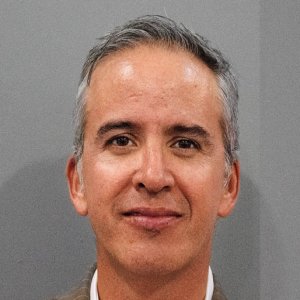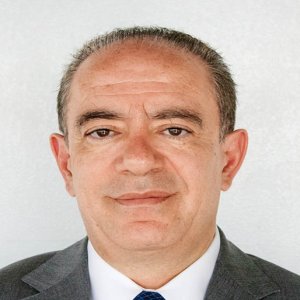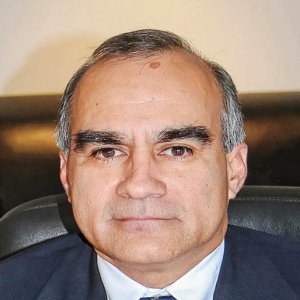Energy Reform Opening Doors in Mining

STORY INLINE POST
Q: How does the mining sector fit into Schneider’s global strategy?
A: Mining is an industry that uses an intensive amount of energy and we focus on providing technology, programs and services that help maximize elements like water consumption. Our solutions involve a series of products and services that work toward satisfying the requirements of each mining unit. Silver mining operations in the north of Mexico will obviously differ greatly from a copper one in the south so we adapt our services to the varying needs of the industry. The mining industry is one of the oldest in the world and it is undergoing a significant change. We develop technology that adapts to the new and different needs of mining markets around the world. We aim to allow operators access to information easily and instantaneously.
Q: What kinds of services do mining companies in Mexico request from Schneider?
A: Mining companies are constantly in search of technology that can optimize their processes, resources and human talent. To support this demand, we provide technology that can train operators in rural areas as a way of ensuring employees have the knowledge that is needed to use expensive equipment.
We do not offer direct training courses to companies. The mining industry tends to have high rates of employee turnover, and it would be expensive for companies to constantly seek outside sources for training. We find it more efficient to provide clients with software that can digitally simulate important aspects of the operation. The programs can adapt to the dynamic needs of mining units and this allows operators to provide training as needed, even on a daily basis. It helps create an overall safer environment in mine sites.
Q: To what extent should the industry be worried about job losses in the face of technological advances?
A: No matter the technology, the human factor will always remain a necessary part of the market. The types of jobs required will obviously change but there will be a constant need for human talent. Automation is an essential part of the mining industry’s advancement and people should not fear its consequences.
The way we operate mines today is obviously vastly different from the way they were operated 20 years ago, and it will continue to change in the years to come. Transformation is inevitable but it does not necessary imply a massive loss of jobs. It simply means that the way people work in mines will change. It is similar to the entrance of cell phones and computers in the workplace, which increased production rates and changed the dynamic of the labor force.
Q: What changes will the Energy Reform bring to the mining industry and how is your company helping miners adapt?
A: The Energy Reform now allows mining companies to optimize the way they generate energy. The possibilities are limitless when it comes to finding strategies that optimize energy generation. Integrating information from existing mine infrastructure through sensors and hardware offers a more accurate measure of mine processes and ensures compliance. Through this technology mining operators have online access to information on the status of activities hundreds of meters underground.
Over the last five years, Mexico experienced some heavy legislative changes and the transformation not only impacted the energy sector but also the finance, labor and telecommunications sector. Many of these reforms are bound to affect the mining industry. The Telecommunications Reform will help the mining industry become better connected to the Internet and the Internet of Things (IoT). This is especially important considering that the mining industry tends to work in isolated areas.























